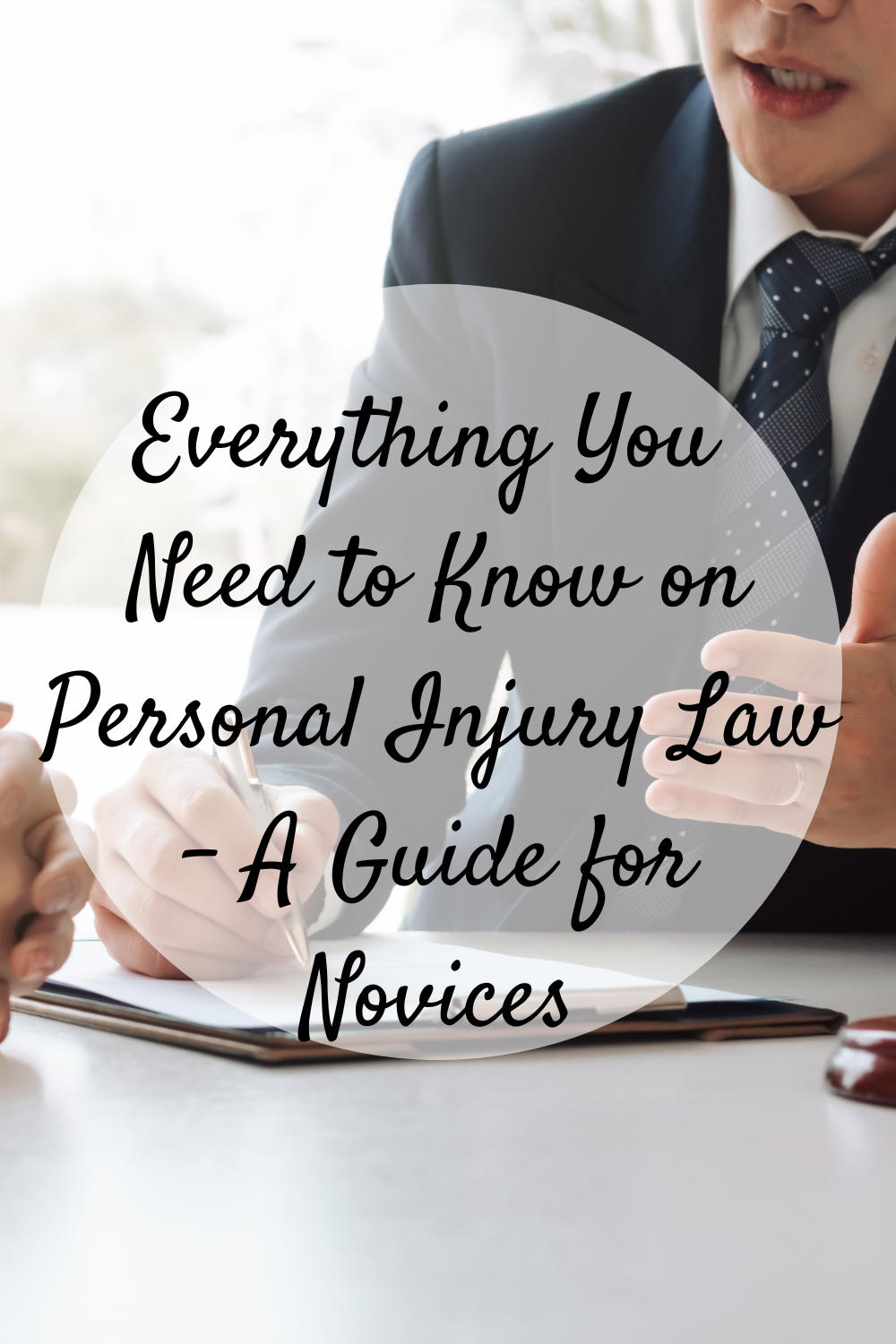
When someone hurts you, personal injury law is that aspect of the law that takes effect. Tort law is another name for personal injury law. Tort laws give you the option of bringing a lawsuit against one or more people who have injured you or caused you to suffer a loss.
The field of personal injury law is very complex. This article outlines the several scenarios that personal injury law covers, your legal rights, and when and how you can get financial compensation with the help of a personal injury lawyer in Los Angeles if you get wounded.
Personal Injury Law – What sort of legal claims might arise?
There are various types of legal claims that might arise under personal injury law. The situations are as follows:
- Strict liability claims: In some circumstances, regardless of negligence or misconduct, you can file a personal injury claim if you are wounded as a direct result of someone else’s actions or inactions. When a faulty product hurts you, for instance, that is a good illustration of this. Even if the maker did not behave carelessly or willfully when creating, producing, or promoting the goods, they may nevertheless be held strictly liable and accountable for your losses.
- Accidental injuries: Personal injury law is relevant if someone else’s error harms you as a result of negligence or a breach of professional duty. This covers lawsuits for medical malpractice when a physician or other healthcare professional injures you unintentionally, accidents on properties where property owners or tenants are negligent in preserving their area, car accidents, and more.
- Intentional torts: You have the right to file a claim for compensation under personal injury legislation if someone intentionally affects you. Assault and battery are two examples of this.
You might also be able to file a lawsuit against a defendant who injured you in other situations using personal injury laws as the foundation. A knowledgeable personal injury lawyer can help you navigate the process of comprehending the laws that are relevant to your case.
What do you need to prove in order to win a case?
In order to win a personal injury case as the plaintiff, you must demonstrate the defendant is responsible for your injuries. Whether the offense was intentional, whether the defendant was careless, or whether strict liability laws apply affects the specific features of your claim.
Generally speaking, however, you must demonstrate that the defendant had a duty to uphold (either knowingly or negligently), such as a duty to drive safely or create safe goods. Or, you must demonstrate that the defendant should be held accountable under the law regardless of whether they broke the law or not.
Additionally, you must demonstrate that the defendant’s actions or inactions caused your losses and that you were directly harmed as a result. You must demonstrate how seriously you were injured.
Typically, you must provide evidence that supports your claim with a preponderance. This indicates that there is a good chance the information you are providing is true and establishes the defendant’s legal obligation to compensate you for your losses.
What is the process of resolving PI claims?
If there are sufficient grounds for a claim, personal injury laws grant plaintiffs the opportunity to initiate a civil case in order to obtain monetary damages. However, you do not need to appear in court to obtain the compensation you are owed from a defendant who injured you.
A personal injury attorney will walk you through each stage of your case and assist you in understanding the laws that are relevant to your injury claim. As soon as you are wounded and any person or a business or an agency is to be blamed, speak with a lawyer.





Leave a Reply